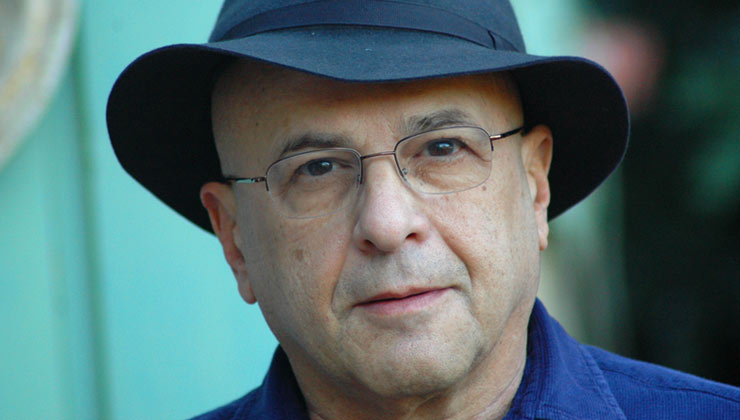Staying Fit


Earlier this year, the Best Original Screenplay Oscar went to David Seidler, 74, for The King's Speech, a project he began researching back in the 1970s. Roger L. Simon, 67, is hoping he'll experience similar better-late-than-never luck when A Better Life, for which he developed the original script in 1989, comes under consideration during awards season early next year.
See also: Movies for Grownups review of A Better Life.
A Better Life tells the story of an undocumented Mexican gardener who is trying to be a good father to the teenage son he is raising on his own in Los Angeles. Since penning the original screenplay, Simon, a novelist best known for his Moses Wine detective series, has undergone a personal political transformation from liberal to conservative, but he says his intent for the film remains unchanged.


AARP Membership— $12 for your first year when you sign up for Automatic Renewal
Get instant access to members-only products and hundreds of discounts, a free second membership, and a subscription to AARP the Magazine.
Q: Why did it take more than 20 years for A Better Life to make it to the big screen?
A: It's the classic Hollywood story: We had a lot of different people attached to it at various times, including Andy Garcia, but we didn't get the money.
Q: How did you come up with the idea for the story? Did you know some undocumented people?
A: I knew many. Back then, I was very much of a leftist. And I speak Spanish. I would make a point, like any good leftist, of talking with the people who work for me. [Laughs] So I had some idea of who was illegal and who was not. And anybody who lives in California brushes up against this on a daily basis.
Q: Did you have a political agenda in mind for the movie?
A: It was sort of political, but it was more emotional. The situation on the border is very politically complex — and it's very different from when I first started working on the screenplay. We now have people from Hezbollah arrested coming across the border, and these people are not up to good. They've discovered Muslim prayer rugs and instruction sheets on martyrdom in the Sonoran Desert. My political attitude is, yes, for a guy like the hero of this movie, give him amnesty. But you better have a secure border if you don't want to get blown up.

































































More From AARP
How Elvis Got Reinvented and Blood, Sweat & Tears Was Destroyed
Documentarian John Scheinfeld tells the stories of two triumphant, tragic ’60s superstar acts
What You Need to Know to Watch 'Oppenheimer'
A guide to the most confusing masterpiece of the year
Return to ‘The Joy Luck Club’ With Tamlyn Tomita
On the film’s 30th anniversary, the actress reflects on its legacy and talk about the sequel